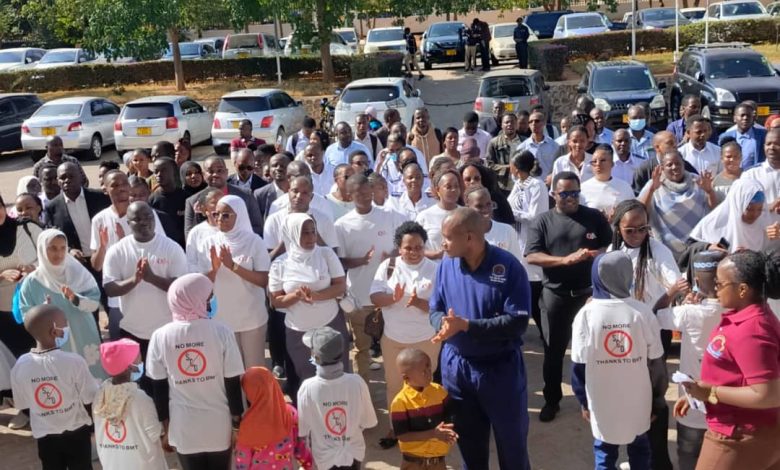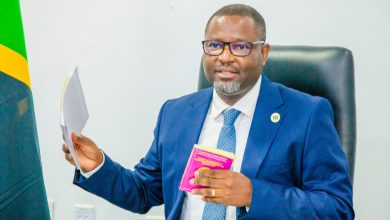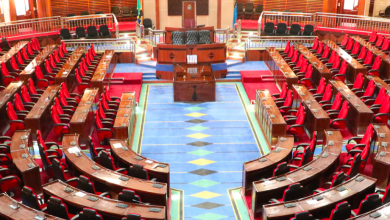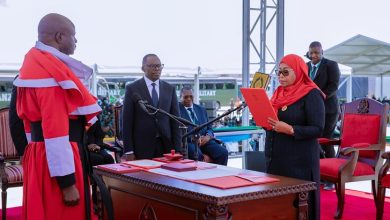New dawn as 21 families triumph over Sickle Cell

DODOMA: FOR Mary-Consolata Mkungano, a mother of three, World Sickle Cell Day 2025 brought more than just awareness, it brought joy, relief and renewed hope.
Her 8-year-old daughter, Erin Mlekwa, became the 21st child to fully recover from sickle cell disease following a successful bone marrow transplant at Benjamin Mkapa Hospital (BMH) in Dodoma.
Just a year ago, Mary-Consolata and other parents of children battling the disease marked the day with stories of hardship, uncertainty and pain. But this year, their faces beamed with gratitude, having witnessed a groundbreaking medical milestone unfold in Tanzania.
BMH has now successfully performed bone marrow transplants on 21 children diagnosed with sickle cell disease, marking a transformational moment in the country’s healthcare journey.
“Before, every phone call from school or home made my heart race. I always feared the worst,” said Mary-Consolata, who resides in Iyumbu, Dodoma.
“But now, I no longer panic. My daughter is healed. I’m grateful beyond words.” She extended heartfelt thanks to the hospital and the government for covering the cost of her daughter’s treatment and urged that the life-saving service be extended to more families unable to afford it.
Speaking during the World Sickle Cell Day commemorations at BMH, the hospital’s Executive Director, Professor Abel Makubi, said that the government had disbursed 1.7bn/- to support the bone marrow transplant programme.
ALSO READ: Tanzania pioneers sickle cell treatment advancements in Africa
“The treatment cost for one child is around 75m/-, which is beyond the reach of most Tanzanian families,” Prof Makubi explained.
“That’s why we are committed to public education and research, so we can scale up our efforts and reach more patients.”
He further said that the newly launched Universal Health Coverage (UHC) policy would help remove financial barriers for families in need of specialised care.
A haematologist at BMH, Dr Stella Malangahe also praised the government’s ongoing efforts to combat blood disorders.
She said the hospital’s work has included expanding diagnostic services and identifying new cases early.
“Since launching our bone marrow transplant service two years ago, we have treated 21 children successfully,” Dr Malangahe said.
“These achievements inspire us to keep pushing forward so that more children can get a second chance at life.”
The breakthrough is a beacon of hope for thousands of Tanzanian families living with sickle cell disease, offering a glimpse of what a healthier future could look like, one child at a time.





